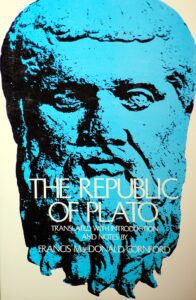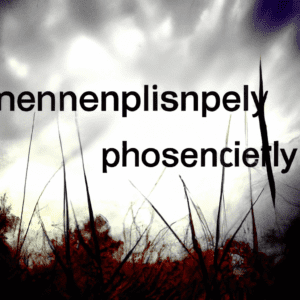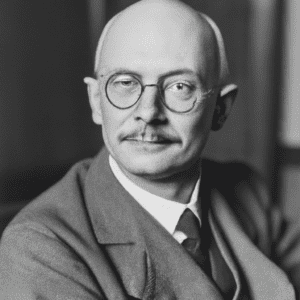Explorer l'histoire de la philosophie
Dans le wiki philosophie Argumentame.com, vous pourrez tout découvrir sur l'histoire de la philosophie. Des grands philosophes de l'Antiquité, comme Platon, Aristote et Socrate, Même les penseurs les plus modernes aiment Kant, Nietzsche et Heidegger, notre wiki vous fera voyager à travers la pensée humaine.
Notre wiki propose des articles et des essais sur un large éventail de sujets en philosophie., qui incluent l'épistémologie, métaphysique, éthique, philosophie politique et plus. En outre, Vous trouverez également des essais sur les courants de pensée philosophique, depuis le existentialisme et le rationalisme, jusqu'au postmodernisme et le le réalisme.
Concepts importants en philosophie
Notre wiki de philosophie comporte également une section dédiée aux termes et concepts importants.. Si vous vous êtes déjà interrogé sur la définition de termes comme ontologie, phénoménologie, herméneutiques o dialectique, alors notre wiki est l'outil parfait pour vous.
Dans notre section termes et concepts, nous présentons des définitions claires et concises, cela vous aidera à approfondir votre compréhension des idées les plus complexes de la philosophie. En outre, Vous trouverez également des essais et des articles détaillés sur les concepts les plus importants, cela vous aidera à voir comment ces concepts s'appliquent dans la vie réelle.
Une communauté de philosophes
Finalement, mais non moins important, Notre wiki de philosophie a une communauté active de philosophes, étudiants en philosophie et passionnés du sujet, qui partagent leurs connaissances, des idées et des perspectives dans un environnement de discussions riches.
Rejoignez la conversation et enrichissez votre compréhension de la philosophie. Participer à des discussions en ligne, posez des questions aux experts et partagez vos propres idées et perspectives. Dans notre communauté, la philosophie prend vie!





